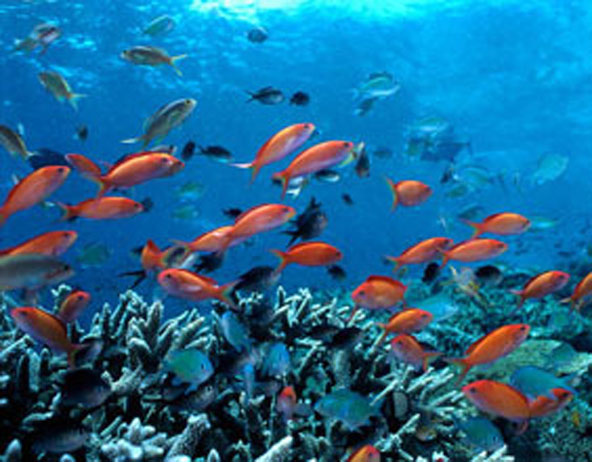
Medium size peptides found in hydrolyzates of cod stomach and head could stimulate the growth of mouse fibroblasts. Scientists from the University of Auckland, New Zealand reported that a protein from mussel could heal human wounds. The protein, in the natural environments, forms strong glue that sticks the shellfish (and milk proteins) can trigger allergic reactions in susceptible individuals. Specific amino acid sequences (epitopes) present in the food proteins interact with cells of the immune system to trigger allergic response.
Some peptides can function as antifreeze compounds for cryostabilization of myofibrils in meat products. Effect of SPH (which contain peptides as high as 84-88%) on stabilization and dehydration-induced denaturation of frozen lizard fish (Saurida wanieso) myofibrillar protein was investigated. Stabilization effects of 5% SPH on the fish myofibrils were evaluated in terms of Ca2+-ATPase inactivation and the presence of unfrozen water. Myofibrillar proteins with added SPH were found to contain higher levels of monolayer and multilayer sorption water, resulting in decreased water activity and rate of Ca2+- ATPase inactivation. The amount of unfrozen water in myobrillar proteins with SPH increased significantly, suggesting that the peptides of SPH stabilized water molecules on the hydration sphere of myofibrillar proteins and therefore suppressed dehydration-included denaturation. The stabilization effect of SPH was less than that of sodium glutamate.
Further research needs in the area of marine peptides include screening for detection of potential bioactivities among diverse marine sources, development of novel techniques for their isolation and purification, studies on their interaction with other food components and evaluation of their safety, and identification of transgenic products for bioactive proteins.
We have this available on https://seatechbioproducts.com/marine-protein
Marine Products for Healthcare-Venugopal (page 125-127)